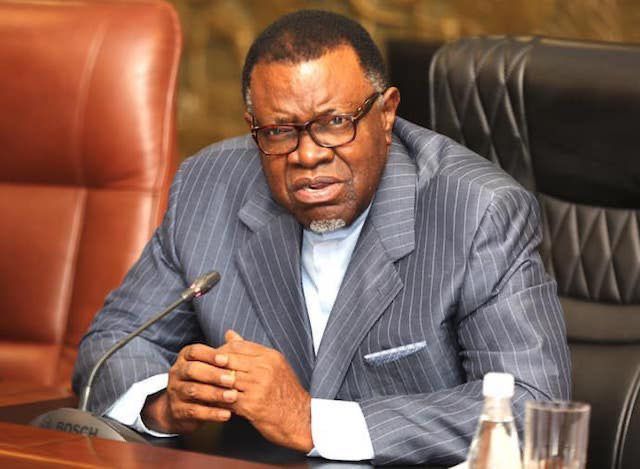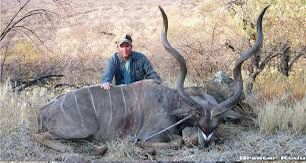JOHANNESBURG – Sanctuaries caring for orphaned African apes plan to release more of their charges back into the wild in a bid to save them from extinction, primate experts said yesterday.
“We are getting endless streams of incoming orphans… we have to reverse this process and rebuild the wild populations,” said Doug Cress, spokesman for the Pan African Sanctuaries Alliance (PASA). He was speaking at a PASA conference in Johannesburg, which ended on yesterday with a commitment from delegates to undertake the tough task of reintroducing more orphaned chimpanzees, gorillas and bonobos into the wild.PASA groups 19 sanctuaries across Africa caring for over 600 apes and other primates but only three, in Congo and Gabon, have successfully attempted to release animals back into their natural habitats.Ten other sanctuaries in Uganda, Guinea, Sierra Leone, Nigeria and Congo said they would also now attempt to do so.Time is running out for humanity’s closest living relatives.A study unveiled at the conference on Tuesday said the chimpanzee could be extinct in around 50 years because it is hunted for meat and threatened by deforestation and disease.Estimates of wild populations vary but point to some 200 000 to 300 000 great apes left in the world.Some, like the mountain gorillas, only number a few hundred.Most of the orphans are victims of the bushmeat trade, their parents killed by poachers.The poachers are often caught when they try to sell the orphans as pets on the black market, and the animals are then taken to the sanctuaries.- Nampa-ReutersHe was speaking at a PASA conference in Johannesburg, which ended on yesterday with a commitment from delegates to undertake the tough task of reintroducing more orphaned chimpanzees, gorillas and bonobos into the wild.PASA groups 19 sanctuaries across Africa caring for over 600 apes and other primates but only three, in Congo and Gabon, have successfully attempted to release animals back into their natural habitats.Ten other sanctuaries in Uganda, Guinea, Sierra Leone, Nigeria and Congo said they would also now attempt to do so.Time is running out for humanity’s closest living relatives.A study unveiled at the conference on Tuesday said the chimpanzee could be extinct in around 50 years because it is hunted for meat and threatened by deforestation and disease.Estimates of wild populations vary but point to some 200 000 to 300 000 great apes left in the world.Some, like the mountain gorillas, only number a few hundred.Most of the orphans are victims of the bushmeat trade, their parents killed by poachers.The poachers are often caught when they try to sell the orphans as pets on the black market, and the animals are then taken to the sanctuaries.- Nampa-Reuters
Stay informed with The Namibian – your source for credible journalism. Get in-depth reporting and opinions for
only N$85 a month. Invest in journalism, invest in democracy –
Subscribe Now!






